When it comes to long-distance running, choosing the right footwear is essential for comfort, performance, and injury prevention. In this comprehensive guide, we will explore the best men’s long-distance running shoes available in the U.S. market today. From cushioning and support to durability and style, we’ll cover everything you need to make an informed decision.
Why Choosing the Right Shoes Matters
The experience of running over long distances can significantly differ based on the shoes you wear. Running shoes are designed with specific features that cater to various foot shapes, running styles, and surfaces. Without the right pair, you may encounter discomfort, blisters, or even long-term injuries.
Understanding Running Shoe Technologies
Modern running shoes incorporate various technologies aimed at enhancing performance. Features such as gel cushioning, energy return foams, and anti-pronation supports can make a significant difference for runners. Here’s a brief overview:
- Cushioning Systems: These systems absorb shock and provide comfort during runs. Brands like ASICS use gel technology, while others like Nike employ responsive foams.
- Stability Features: For overpronators, supportive elements are vital. Shoes like the Brooks Adrenaline GTS are designed with stability in mind.
- Weight: Lightweight shoes can often enhance speed but may lack cushioning. It’s essential to balance weight and comfort based on your running style.
The Best Men’s Long Distance Running Shoes in 2023
1. Brooks Ghost 14
The Brooks Ghost 14 is celebrated for its balance of comfort and responsiveness. This shoe features a soft, DNA Loft foam, which provides ample cushioning without sacrificing responsiveness. Perfect for runners who log significant miles, the breathable mesh upper ensures your feet stay cool.
Features
- DNA Loft foam cushioning for comfort
- Breathable mesh upper
- Segmented Crash Pad for smooth transitions
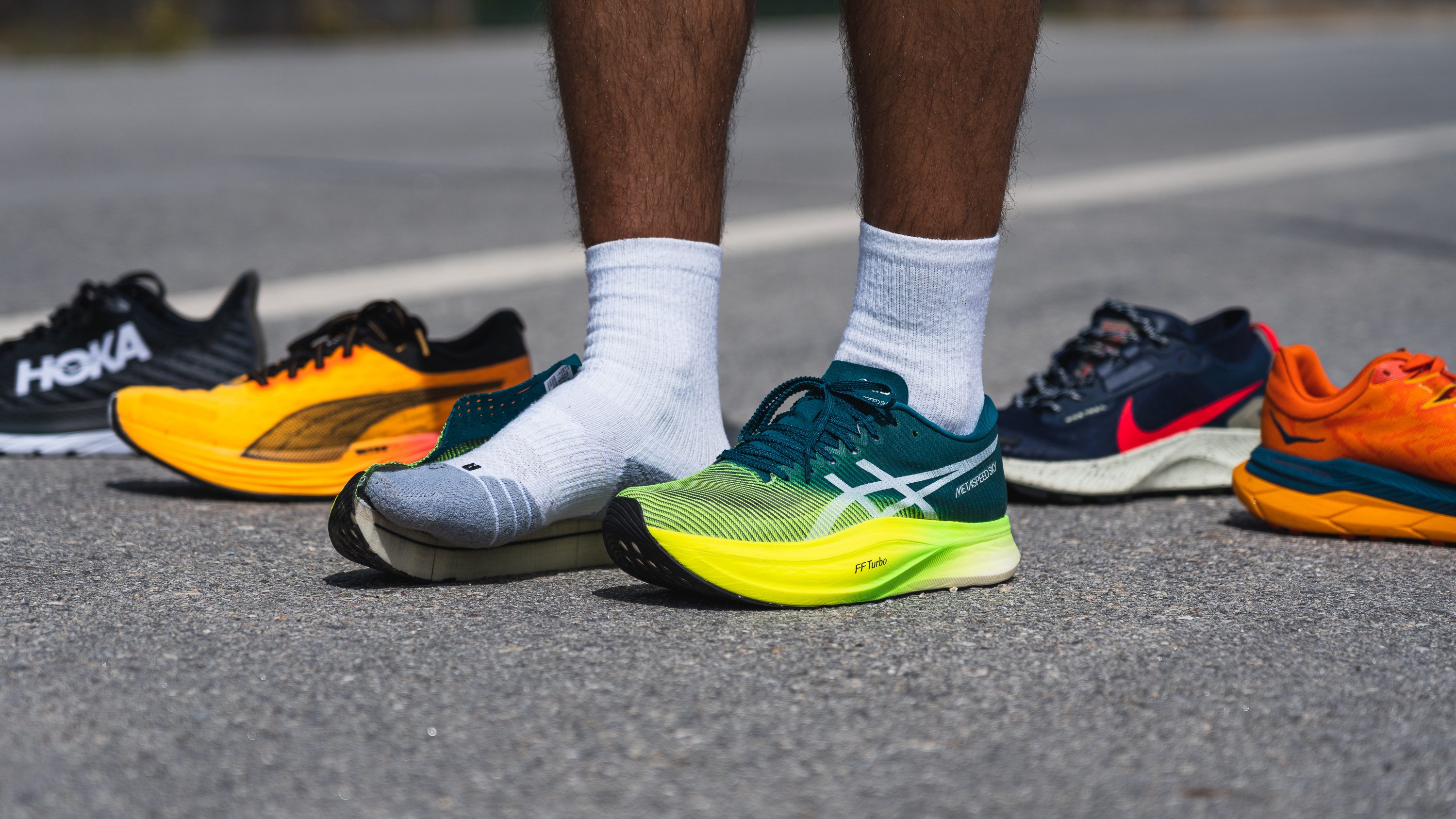
Pros and Cons
| Pros | Cons |
|---|---|
| Great cushioning for long runs | Can be slightly heavy for speed work |
| Durable and long-lasting materials | Pricey compared to entry-level options |
2. Nike ZoomX Invincible Run Flyknit
The Nike ZoomX Invincible Run Flyknit is a standout in the long-distance category. Designed with ZoomX foam, it provides excellent energy return, making it ideal for those longer runs. The Flyknit construction offers a snug fit that’s both supportive and flexible.
Features
- ZoomX foam for superior cushioning and energy return
- Flyknit upper for a comfortable fit
- Wider base for stability during runs
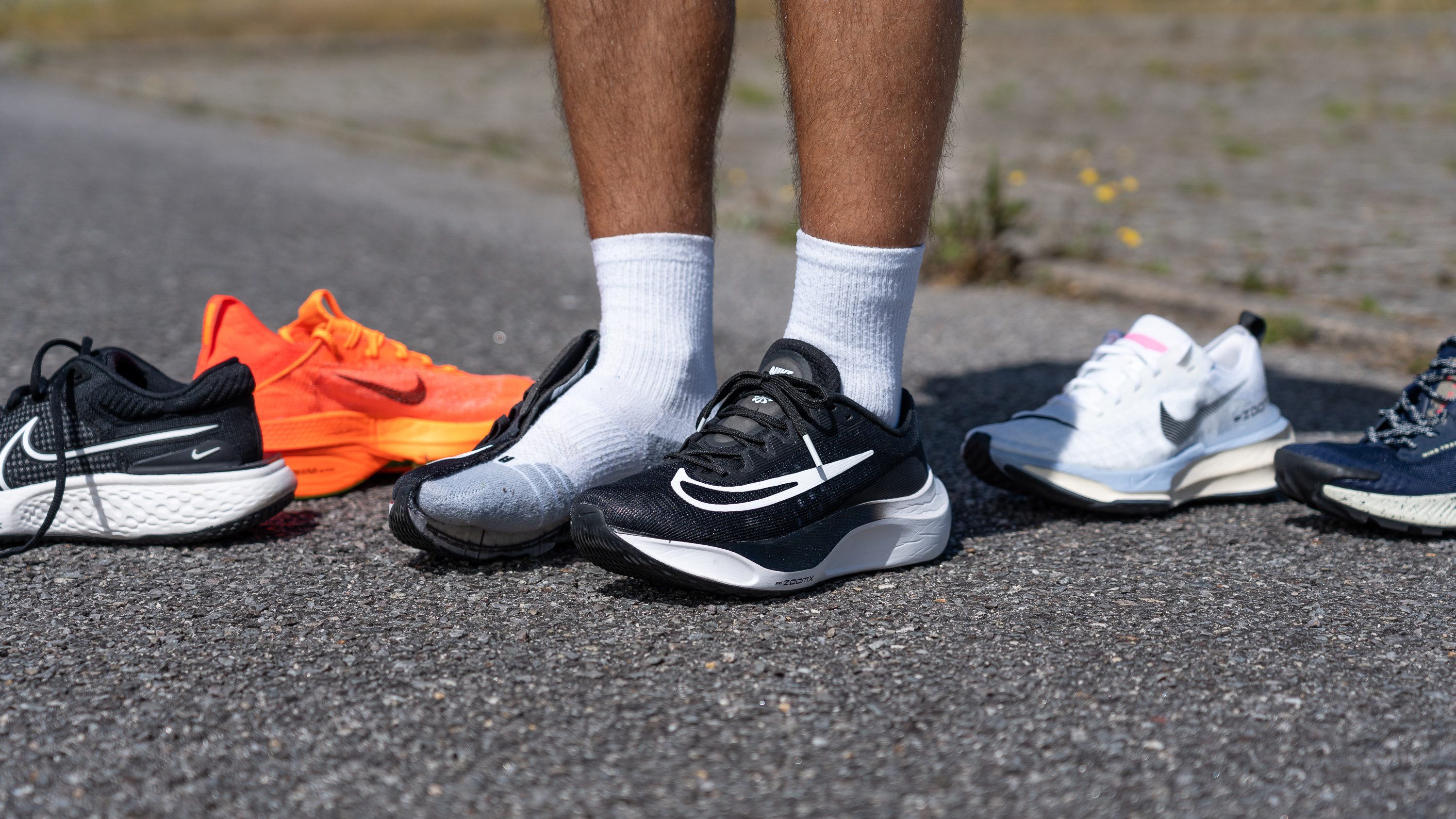
Pros and Cons
| Pros | Cons |
|---|---|
| Outstanding cushioning makes for a soft ride | Higher price point |
| Responsive and lightweight design | May not offer enough support for severe pronators |
Real-World Experiences
Case Study: John’s Journey with the Brooks Ghost 14
John, a passionate long-distance runner from Denver, had struggled with knee pain for years until he discovered the Brooks Ghost 14. He’s now able to run his weekly mileage without discomfort. “The cushioning is just right for me, and I’ve noticed fewer injuries since I made the switch,” he shared. This anecdote illustrates the importance of a well-fitting shoe tailored to individual needs.

Tips for Choosing the Right Long-Distance Running Shoe
- Understand Your Foot Type: Visit a store to get your feet analyzed. Knowing if you have high arches, flat feet, or neutral arches can guide your choice.
- Consider Your Running Style: Are you a forefoot striker or a heel striker? This can dramatically influence which shoe is best for you.
- Test Them Out: Always try shoes on and take a few laps inside the store to assess their comfort.
FAQs about Men’s Long-Distance Running Shoes
1. How often should I replace my running shoes?
It’s generally recommended to replace your running shoes every 300 to 500 miles, depending on your running style and shoe type.
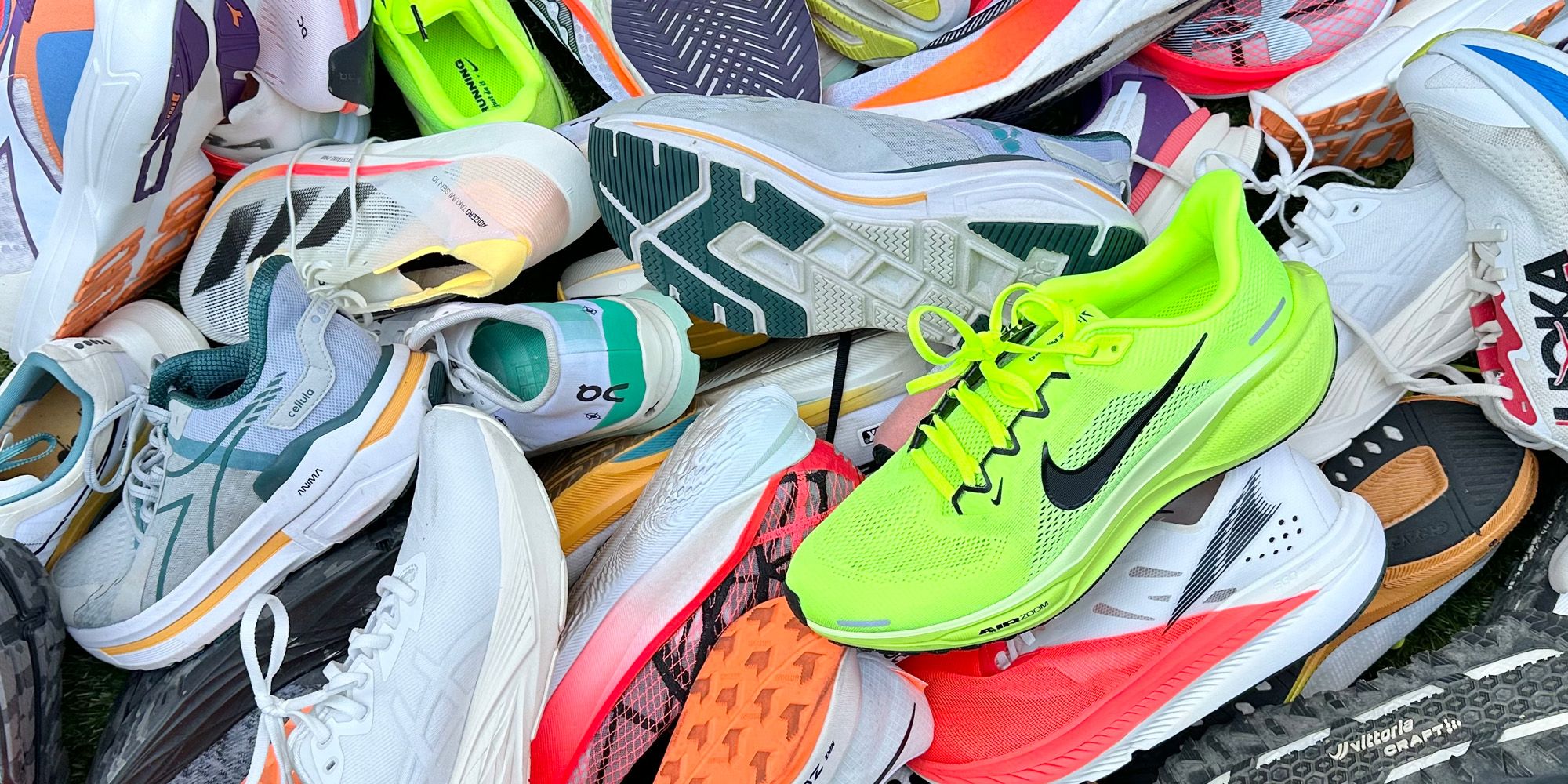
2. What is the difference between road and trail running shoes?
Road running shoes are designed for pavement, while trail running shoes offer more grip and stability for uneven surfaces.
3. Can I use running shoes for other workouts?
While running shoes are great for cardio workouts, they may not provide the support needed for weightlifting or other fitness activities.
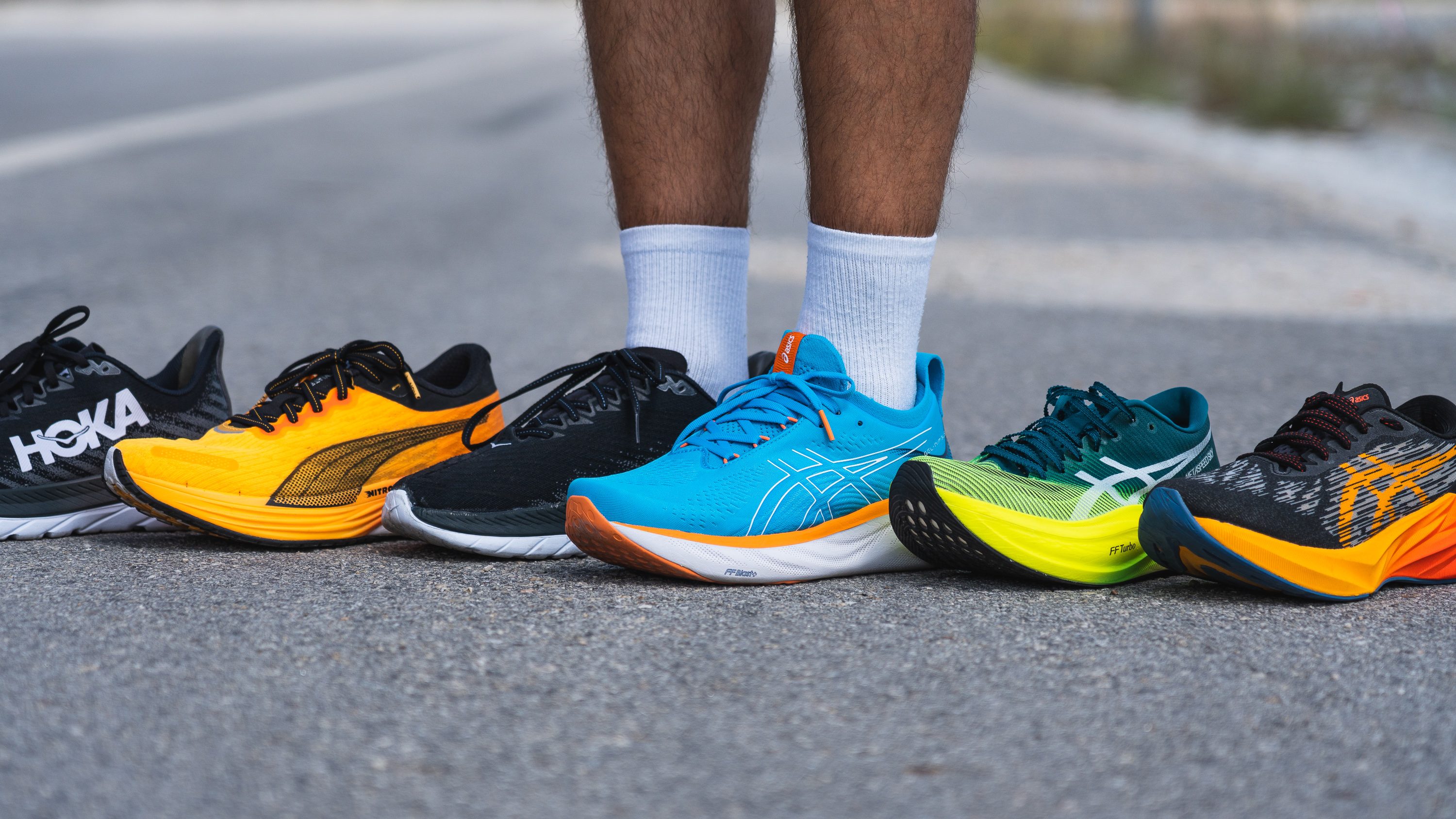
4. How important is fit in a running shoe?
Fit is crucial. Shoes that are too tight can cause blisters, while shoes that are too loose can lead to instability and injuries.
5. Should I choose a lightweight shoe?
Lightweight shoes can enhance speed but may sacrifice cushioning. Consider your running goals when choosing the weight of your shoes.
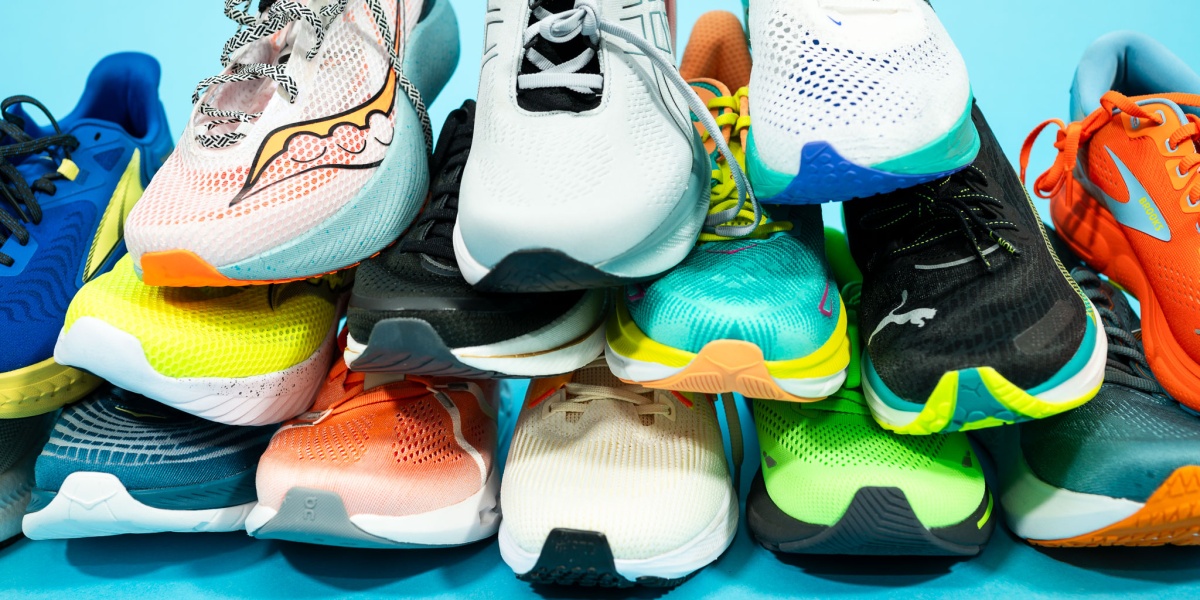
6. Can I run in minimalist shoes?
Minimalist shoes can be suitable for some runners, but they require a gradual transition to avoid injuries.
7. Will running shoes improve my performance?
The right pair can improve comfort and reduce fatigue, potentially enhancing your overall performance.

8. Are expensive shoes worth the investment?
Higher-priced shoes often incorporate advanced technologies and materials, which can lead to better performance and comfort.
9. What should I wear with my running shoes?
Opt for moisture-wicking socks and breathable athletic wear to maximize comfort during your runs.
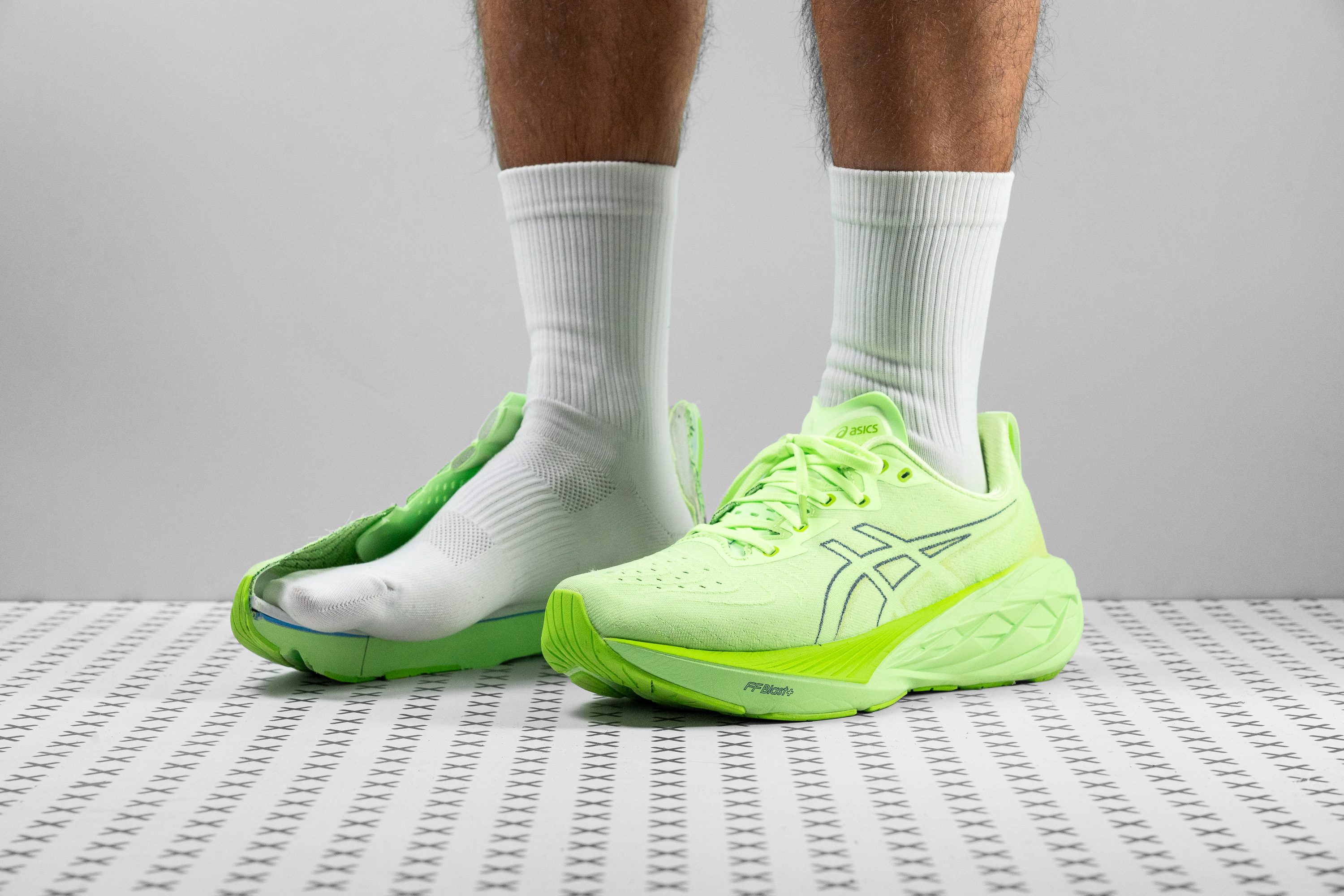
Conclusion
Finding the best men’s long-distance running shoes can transform your running experience. With options like the Brooks Ghost 14 and Nike ZoomX Invincible Run Flyknit, runners have access to technologies that enhance comfort, stability, and performance. Remember to consider your unique foot type, running style, and specific needs when making your choice. Happy running!
For further reading on the importance of proper footwear in running, check out this comprehensive study from NCBI.